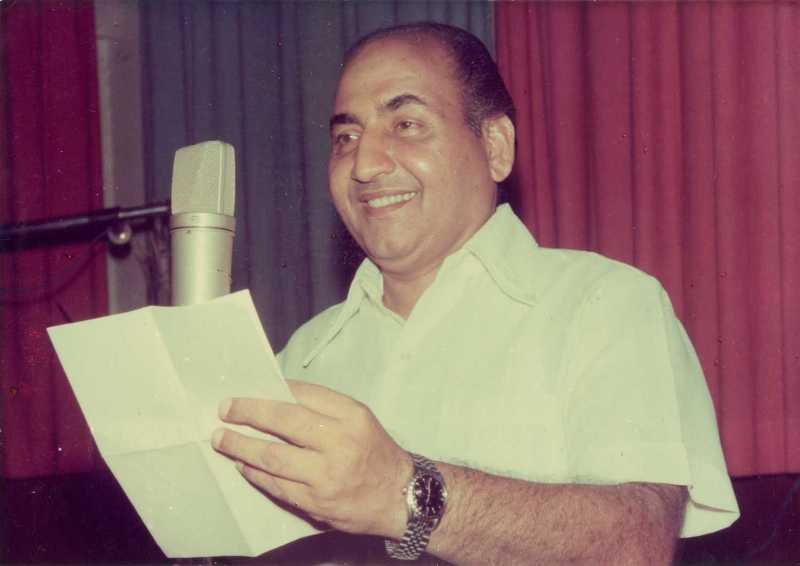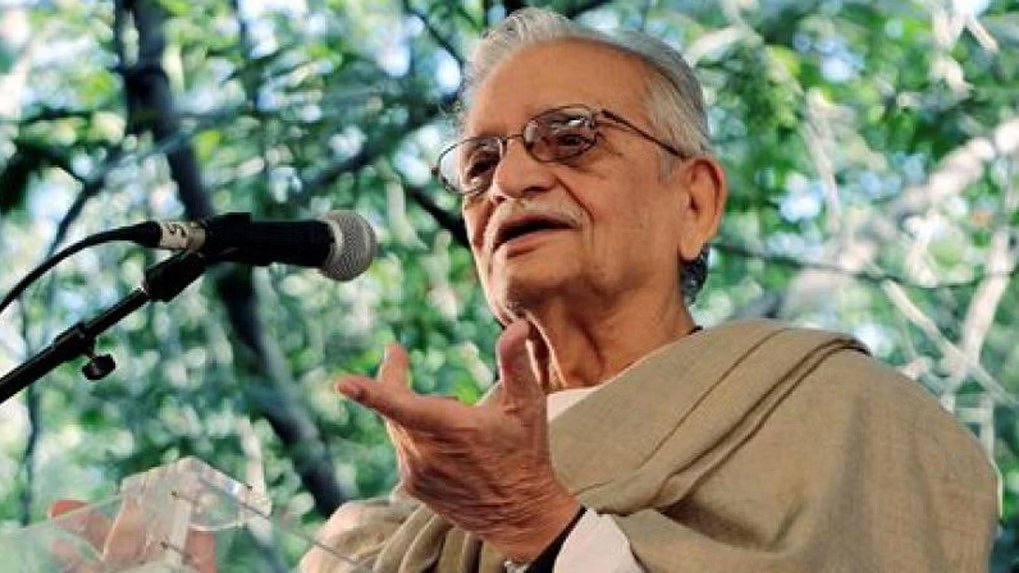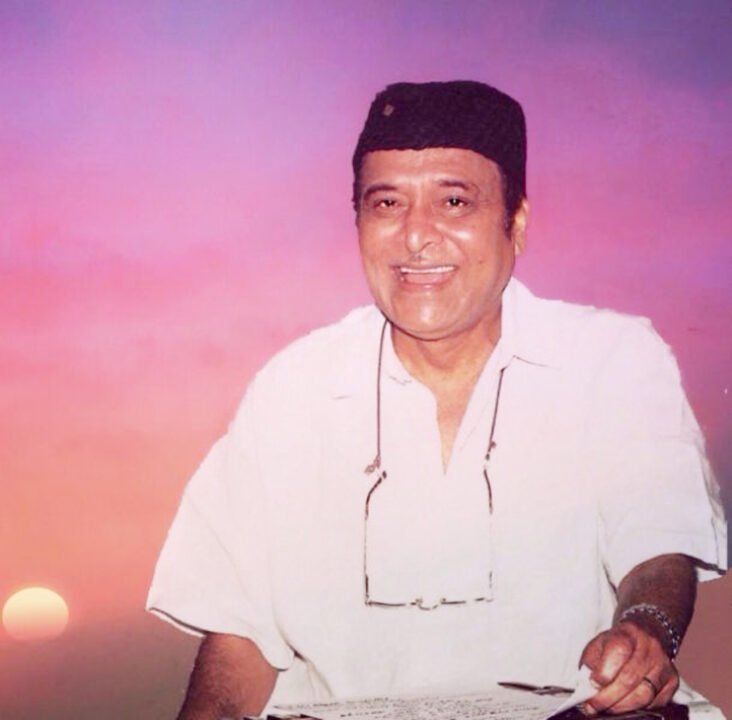By: Vinod Chandrashekhar Dixit
42 years have passed since the evergreen singer Mohammed Rafi – Padma Shri left for his heavenly abode. He was a famous playback singer. He was born on 24 December 1924 in Punjab. Even at a young age he was more fond of music than studies. He started learning music from the famous Hindustani singer Chotte Gulam Ali Khan. Later he became the disciple of Firoze Nizam. When Firoze was appointed as a music director in Lahore Radio Station, Rafi got an opportunity to sing in the radio. It was a turning point in his life.
Still, the magic of his beautiful voice resonates in the hearts and minds of his fans. He had a fine clarity in his voice and an in-depth understanding of melodies and music. His voice has been referred to as “the most exquisitely pleasant voice with a divine grace and splendour.” He had once mentioned that in his childhood, songs sung by fakirs passing through the streets had had a profound effect on him – and that’s probably exactly the effect his own voice has had on generations of music enthusiasts, and even the actors, singers and musicians he worked with. He was a nice human being and was very much dedicated to his work. He was a complete singing package and could sing any composition effortlessly and flawlessly as he knew how to blend emotions and melody perfectly by giving the right treatment to each song, which resulted in thousands of soulful songs.
Rafi became the favourite singer of other composers too, notably O P Nayyar, Shankar Jaikishan and Sachin Dev Burman. Rafi became the voice of Dev Anand with soul-stirring songs composed by S D Burman. He was notable for his voice, versatility and range; his songs were varied from fast peppy numbers to patriotic songs, sad numbers to highly romantic songs, qawwalis to ghazals and bhajans to classical songs. He was uniquely and singularly responsible for the very existence of the finest artistic grandeur, splendour and original creativity that embodied the golden era of music and melodies of Hindi cinema.
He encouraged and helped other artists all the time by all means including finance. It was he who suggested that Kishore Kumar conduct stage shows when he was in economic difficulties. Lata Mangeshkar once said of Rafi: “He was a man of God. There were no airs about him. He would neither eat paan, nor chew betel nuts nor drink alcohol. There has neither been a voice like him nor will there be one in a hundred years.”
He was very punctual and faithful to his profession. He encouraged and welcomed new comers. His famous songs are ‘oh duniyake rakhwale’ (Baiju Bavra), ‘gunguna rehe hai’ (Aradhana), ‘kya hua tera vaada’ (Hum kise se Kum Nahin), ‘yaha badlava hum kya he’ (Jugnu) etc. He has performed in around thirty eight musical concerts abroad. Rafi has the distinction of being the first playback singer of all times to be featured in the pioneering list of the Guinness Book of World Records, for having sung the highest number of songs, which is a total of 26000 songs, in Hindi and other languages. He was nominated for the Filmfare Award 21 times, winning six times. He won the National Award for Kya hua tera vaada from the film Hum Kisi Se Kum Naheen. India’s first PM Jawaharlal Nehru had honoured him on Independence Day in 1948 for his song on Mahatma Gandhi, Suno suno ae duniya waalon Bapu ki amar kahani.
Mohammed Rafi was like an angel. Today Rafi is not with us but his melodies will continued to reign the music world. His songs today are just as popular as they were during his lifetime. (The author is a freelance journalist & a cartoonist. He can be reached at dixitpatrakar@yahoo.in)







